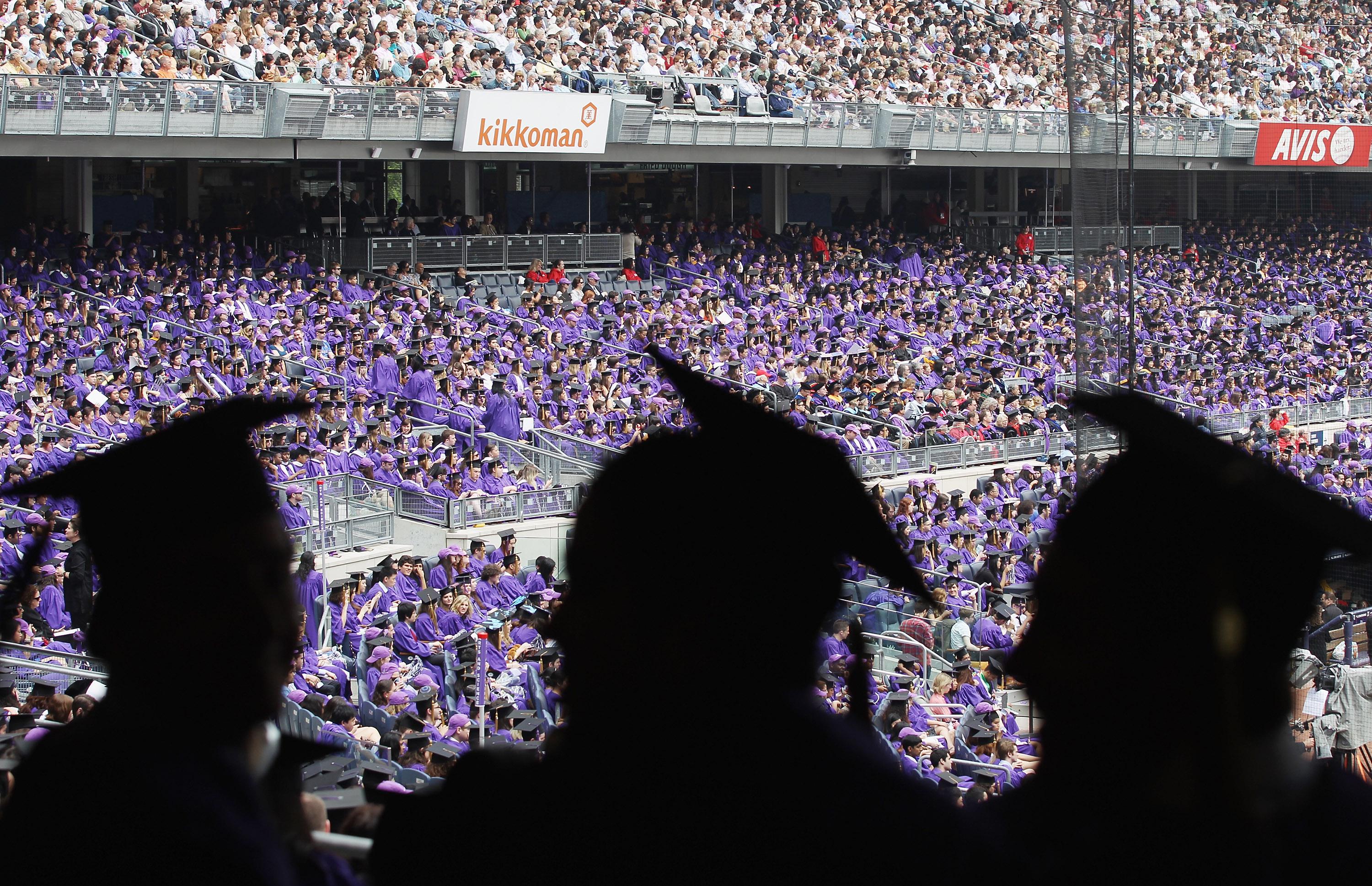This week, the Graduate Student Organizing Committee at NYU voted to join the United Auto Workers in an absolute blowout of 620 to 10. This means that graduate TAs, they of self-administered haircuts and ketchup-packet soup, will now have the power of collective bargaining against notoriously anti-union NYU, whose embattled president, John Sexton, has received a vote of “no confidence” by seven of NYU’s different schools in the past year alone. (The law school, governed by alleged “union-busting” trustees, is among the few that stand with him.)
The victory comes despite a current law that answers the question: Are graduate students at private universities employees? Technically, no. Even though the NYU students now have the right to bargain collectively for things like work-hour maximums, health benefits, and family leave, they (and any graduate student at a private university in the United States) are still not considered to be employees, thanks to a 2004 ruling by the National Labor Relations Board.
That is, even though graduate students teach many of the introductory-level courses at private research universities such as NYU, Duke, Harvard, and Stanford—and do a massive amount of lab and research grunt work, not to mention damn near every single last red mark of the grading—they do not technically “work” there. They are, instead, as labor activist and Duquense University adjunct Robin J. Sowards tells me, fed a “fantastical story” that they are “apprentices”—as if, he says “feudalism hasn’t been dead for centuries.”
But maybe it hasn’t—at least not according to NYU sociology professor and GSOC advocate Andrew Ross, who in an email to me also objects to the “apprenticeship” line of argument, explaining that in being labeled so, graduate students “work for next to nothing” under the pretense of “learning their craft,” which in the most expensive city in the United States makes solvency nearly impossible. However, that pretense is tenuous at best: What does it mean to learn a craft when you’ll never be hired to use it? “Given the restructuring of higher education institutions, and the scarcity of decent jobs,” Ross continues, “for most of [NYU’s graduate student instructors], it may be the last time they teach, rather than the first. Recognizing a union, in this case, is a matter of respecting the dignity of those with whom you share the workplace.”
Despite the NYU students’ new right to bargain under the UAW, the 2004 law remains on the books unchanged (though challenged). However, this decision weakens its power considerably, as Ross also points out in Dissent. “The NYU agreement has set a new precedent,” he writes. “A private university has recognized a grad union outside of the parameters of national labor law. If NYU can do it, why not others? No doubt, many student organizers, not to mention university administrators, will be asking this very question.”
